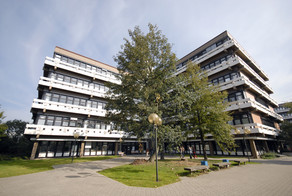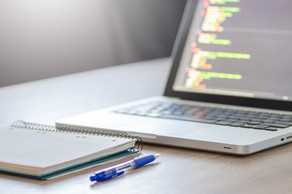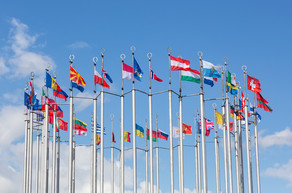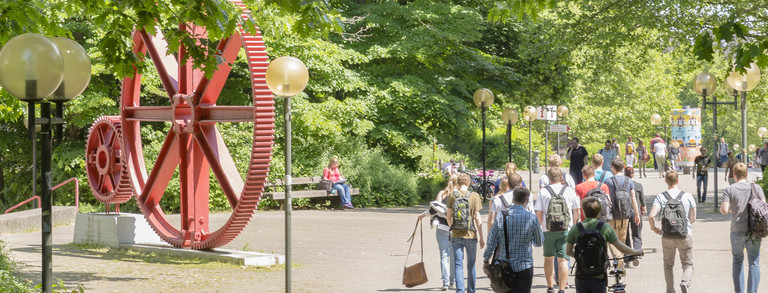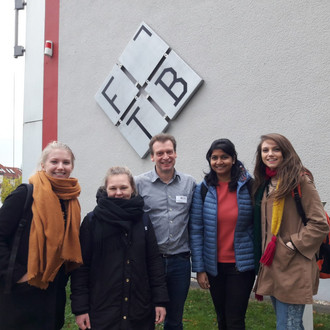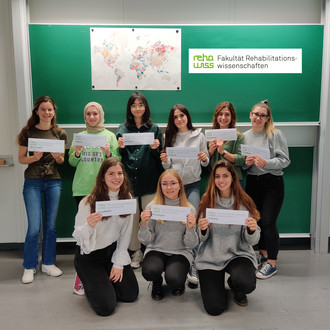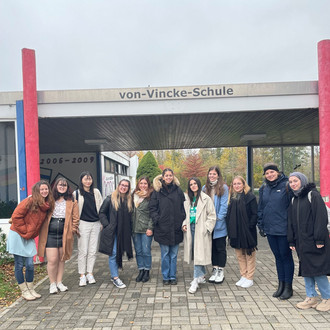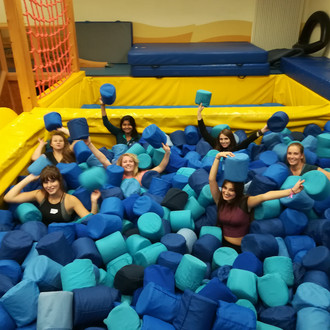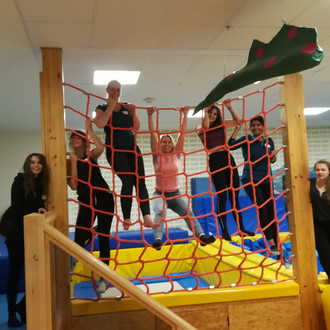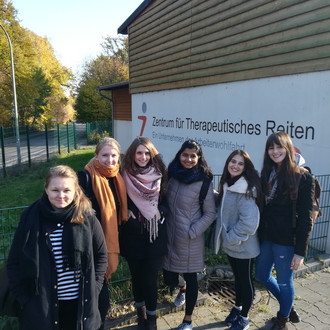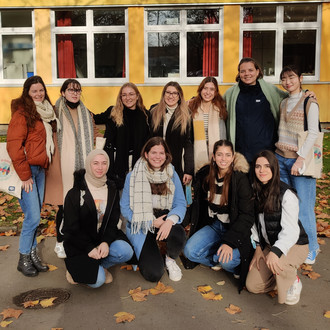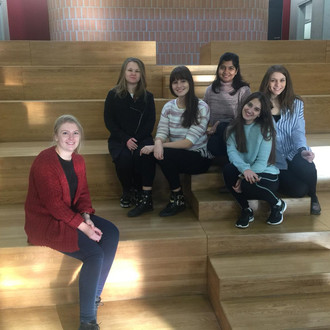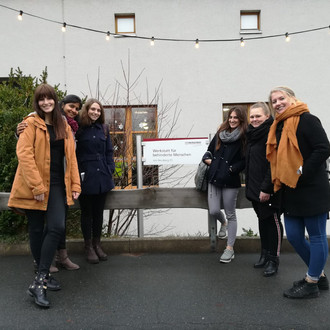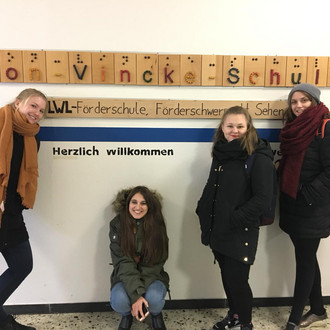English-taught Courses
At the Department of Rehabilitation Sciences we are offering an 'English Course Program' each winter semester. The courses listed below will be complemented by additional courses that change each academic year. For students with a German Language Level of B2 or higher all courses with German as language of instruction can be studied as well.
During the summer semester exchange students are welcome to study at the Department of Rehabilitation Sciences as well. Please note that the classes will mostly be offered with German as language of instruction.
We are more than happy to provide further information via e-mail.
This course aims to provide exchange students with a basic knowledge on the German educational system and on educational and rehabilitation services for people with special needs. Every week the students visit another institution in the area of rehabilitation, early intervention and/ or special needs education/ inclusion to find out more about the above-mentioned aspects and get in contact with the leader of the institution, who are holding the lectures. The students are allowed to try out some activities and gain some practical experience. We cooperate with schools for children with special needs, sheltered workshops, rehabilitation departments etc.
Credit Points: 9
Students will have the opportunity to carry out their own study project in the area of education – participation - inclusion. Topic, research question and methodology can be developed by the students themselves. Lectures contain information about literature search, different databases, research standards and citation. At the end of the semester the students will present and discuss their results.
Credit Points: 6
Within this course the students will have the opportunity to develop a critical point of view on the connection the two topics ‘disability’ and ‘culture’.
Disability as a social phenomenon is strongly interconnected with assumptions on humanity and personhood, health and illness, social roles and normality. Support structures such as the family network or social organisations have a strong influence on the lives of persons with disabilities and their families and form the background for active participation and inclusion. In this course the students will deal with different texts on disability and socio-cultural working on the following topics:
- How do socio-cultural circumstances shape the meaning of disability?
- Which role do assumptions on personhood, social roles and normality play?
- What does this mean for our practical work as rehabilitation workers, social workers, teachers or educationalists?
Credit Points: 3
In this course the students are working in the “study lab”. Students will get to know some technical devices for people with special needs, so called assistive technologies. At the faculty of rehabilitation sciences students have the opportunity to experience the usage of technical aids themselves. Modern technologies, particularly the computer and information technology offer a variety of options to compensate the challenges of daily life for people with disabilities (for example wheelchairs, programmes for communicative support etc.) The students elect assistive devices and participate in small exercises.
Credit Points: 3

